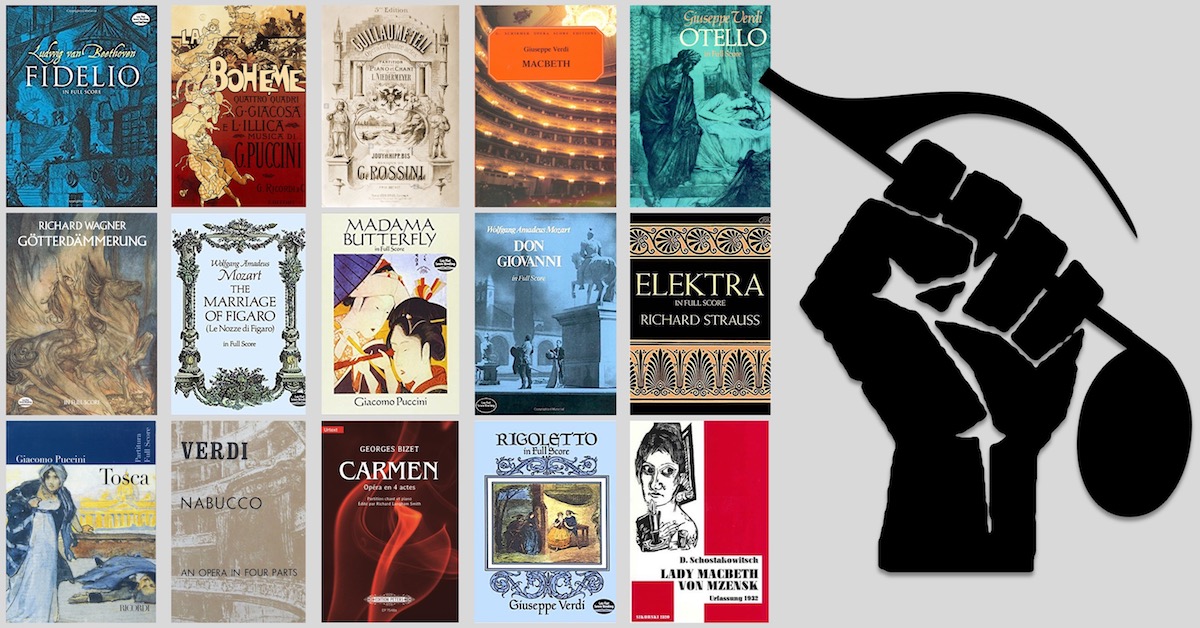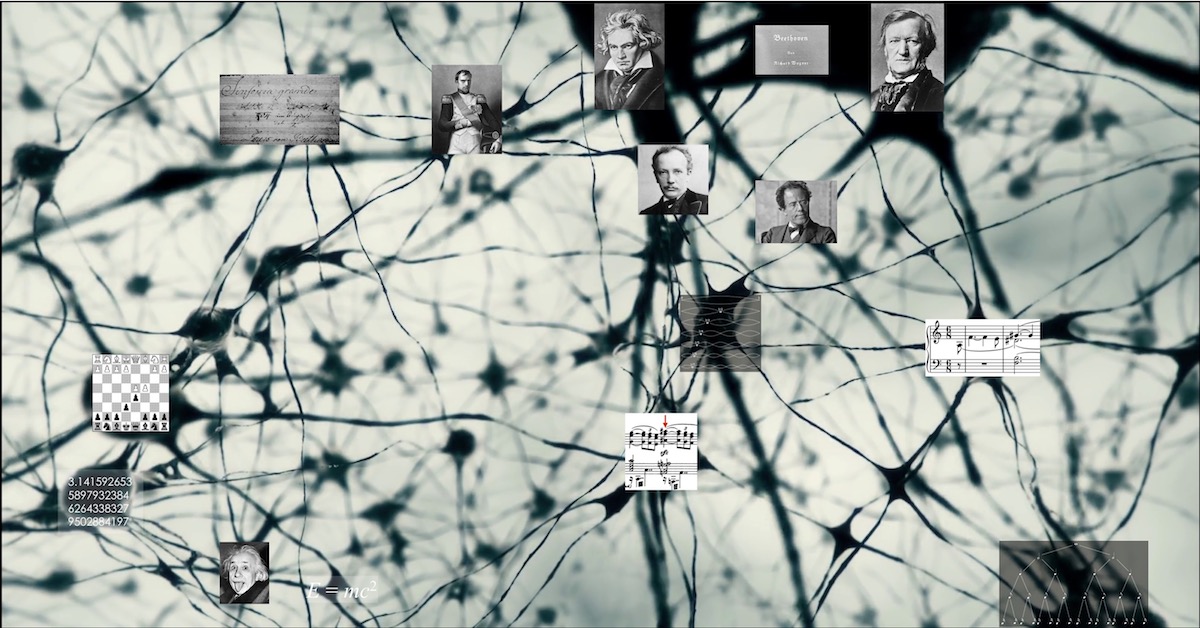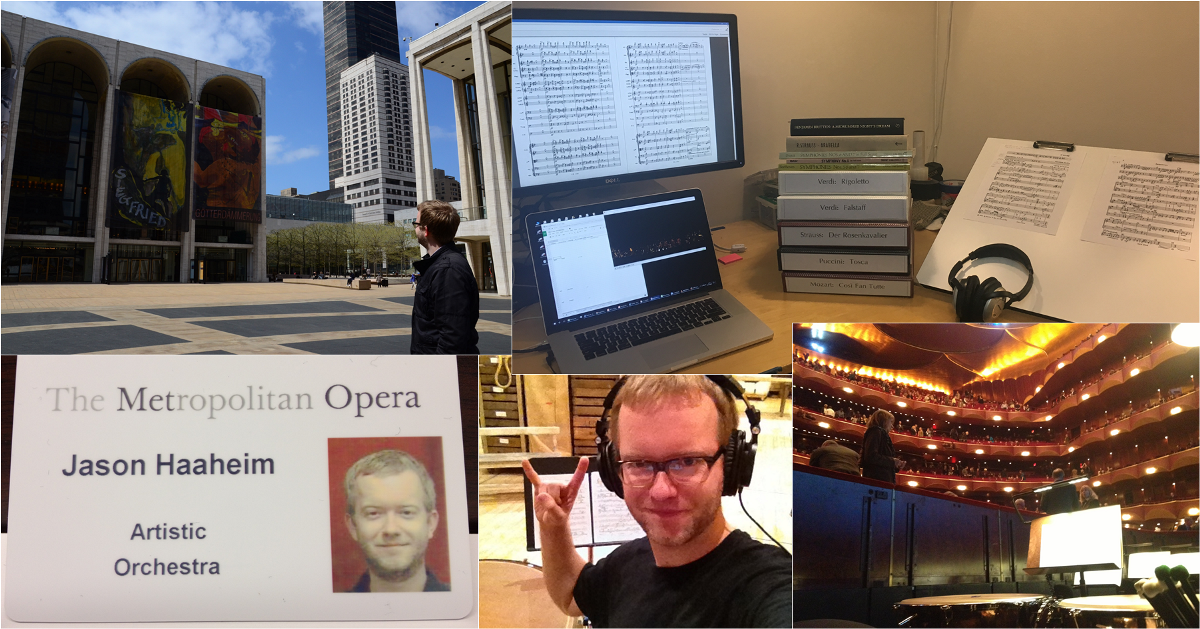Art Has Always Been Political
On election night, November 8th, 2016, I wrote the following in my journal: “Tonight all opera became subversive art.” As the broadest protests in U.S. history have righteously erupted in every major city and many more around the world, I had that journal entry in the forefront of my mind when I posted this on social media: I stand by every word of that post. While I do not intend to refashion my online presence for exclusively political commentary, I believe a moment like this calls us to confront our fields’ deeply …





